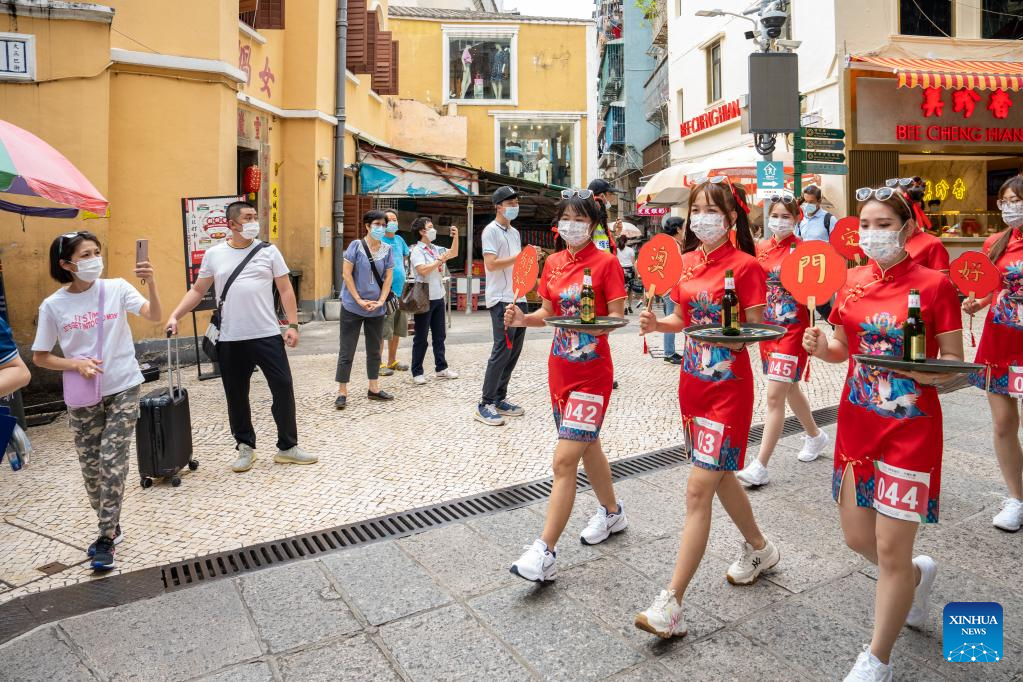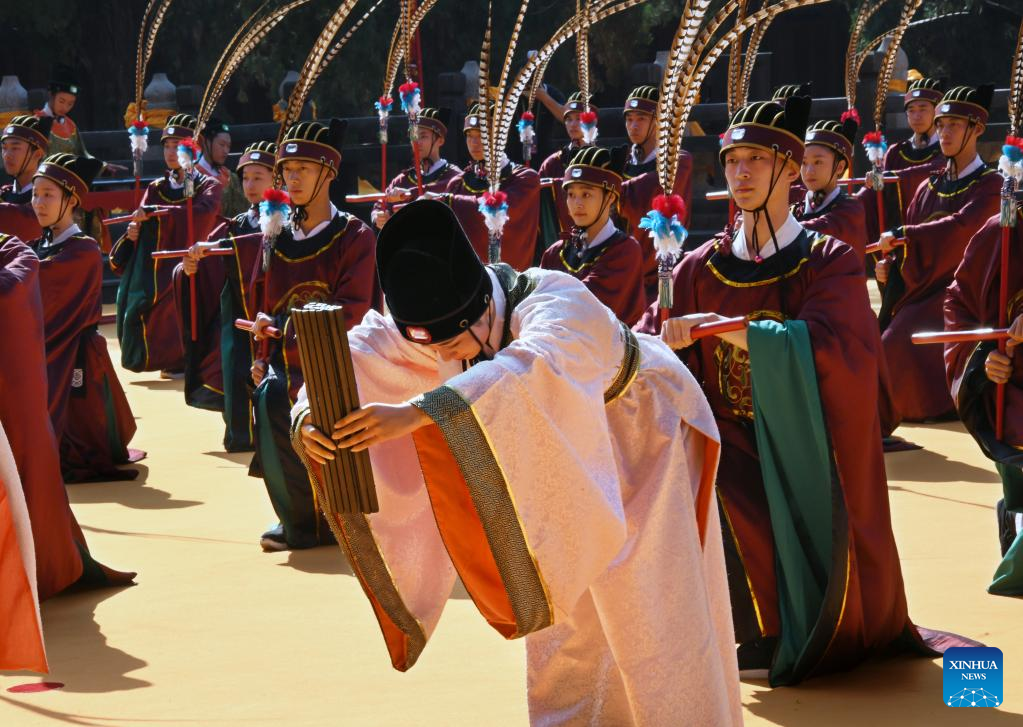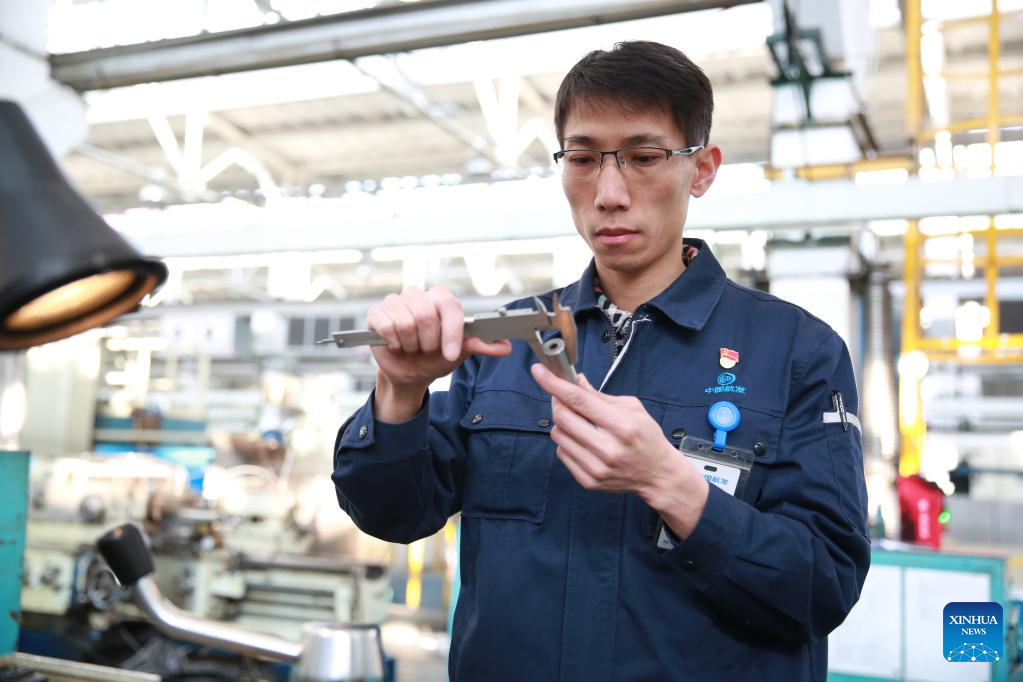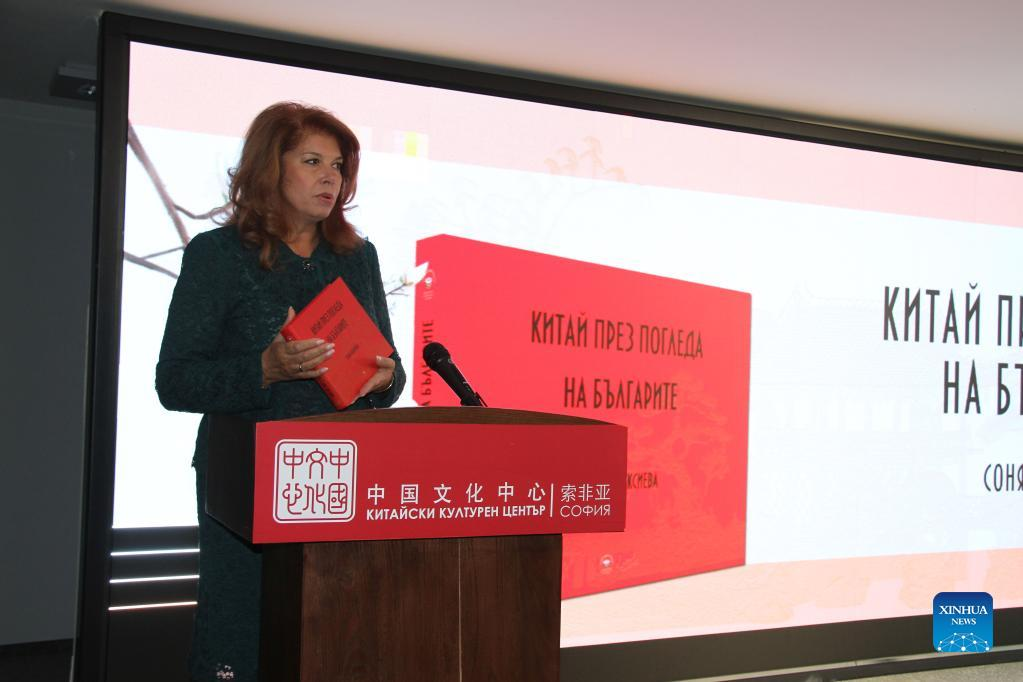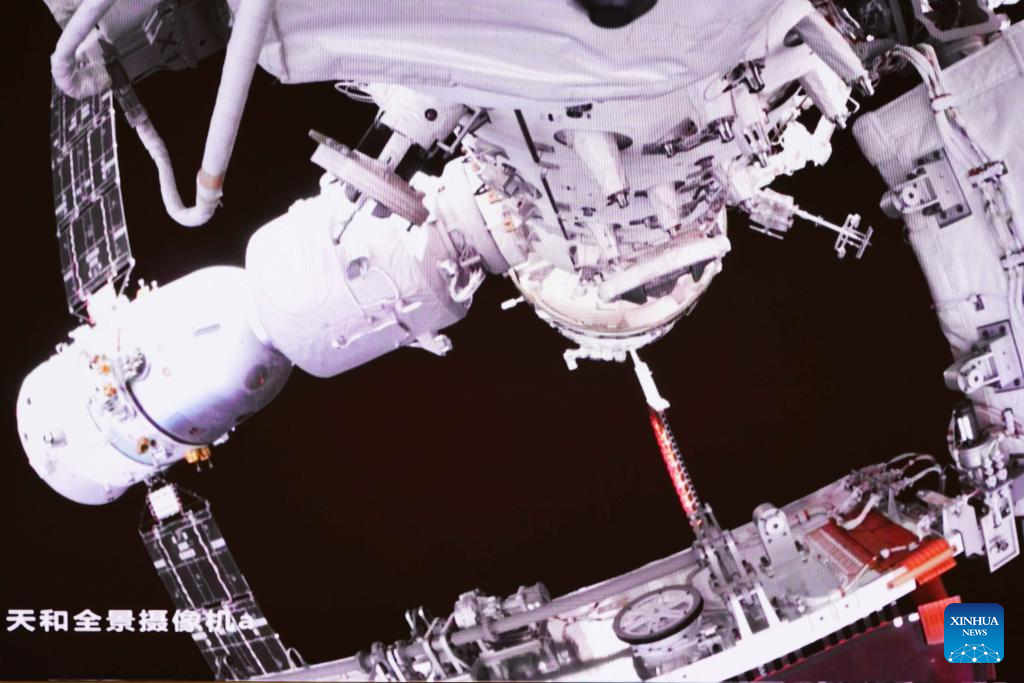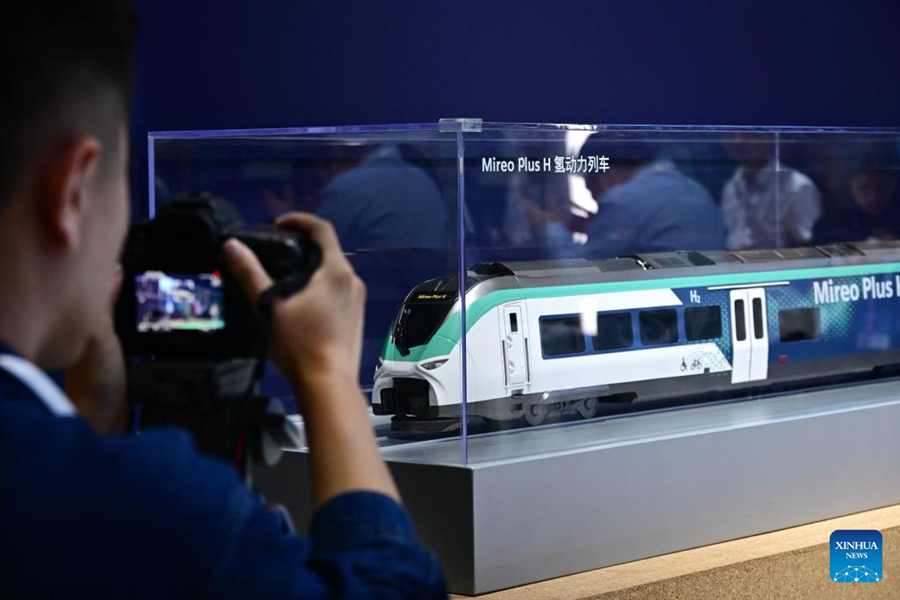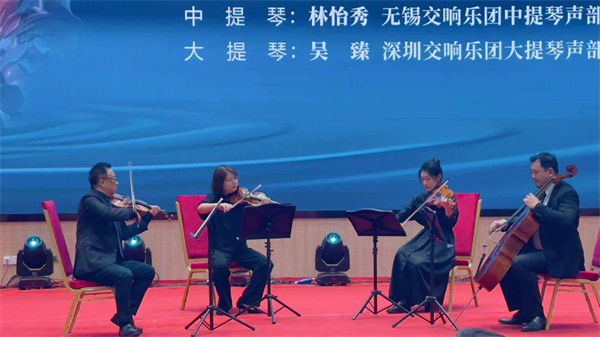
Wuxi City and Wuxi High-Tech Industrial Development Zone jointly launched the Wuxi Symphony Orchestra on June 18.
"The orchestra will leverage the advantage of Wuxi as a city in the Yangtze River Delta region and develop its own cultural identity and brand value," said Lin Daye, art director and principal conductor of the orchestra.
Recruitment campaigns have been launched in Europe, the U.S., Japan, and South Korea with upcoming onsite additions. Lin mentioned that the orchestra has received over 500 applications from both domestic and international musicians since it started global recruitment.
Orchestra players will arrive for rehearsals in August. The programs for the 2024 season, including planned tours in Asia and Europe, will be outlined in October. On January 1, the orchestra will hold its first New Year concert.
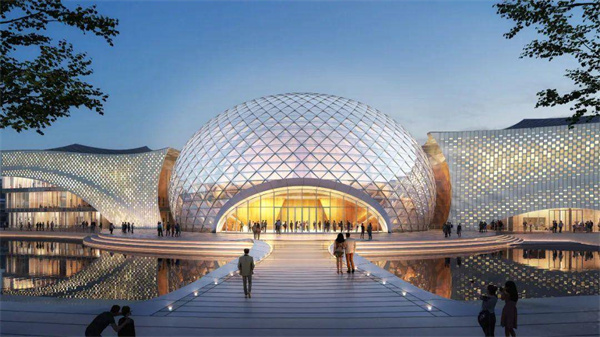
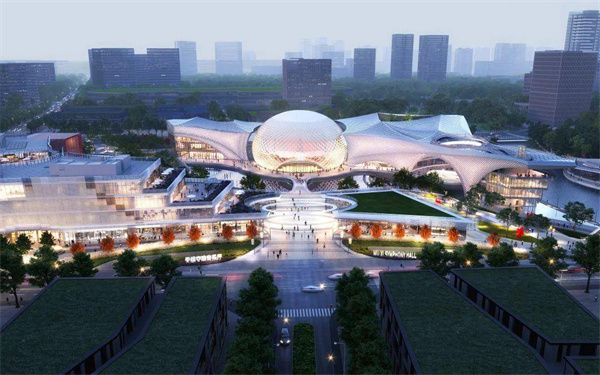
(Photo credit: the Yangtse Evening Post)
The construction of the Wuxi Symphony Hall, with a floor area of about 100,000 square meters, is underway, and its total investment reaches about 2.245 billion yuan.
Wuxi has a well-recognized heritage in China's musical traditions and history. As the birthplace of the Wu culture, the city is home to more than 300 Wu songs. One of the most widespread pieces of Erhu music in China, "Two Springs Reflect the Moon," was composed by the Wuxi folk artist Ah Bing. The music group Tianyunshe (The Heavenly Sounding Society) also has a 300-year history, reflecting the city's longstanding cultural legacy and creativity.
Over the years, the Wuxi venue of the Shanghai International Arts Festival has featured world-class orchestras including the Royal Philharmonic Orchestra and the Bamberg Symphony. These performances have enhanced the appreciation for orchestral music among Wuxi residents, nurtured a strong market demand, and supported the development of local amateur orchestras in Wuxi.
To further promote the development of musical education for children, the city also plans to establish its own youth symphony orchestra.

